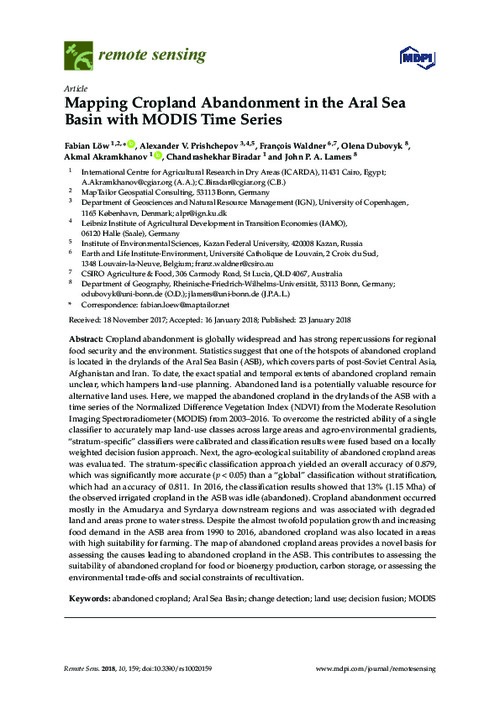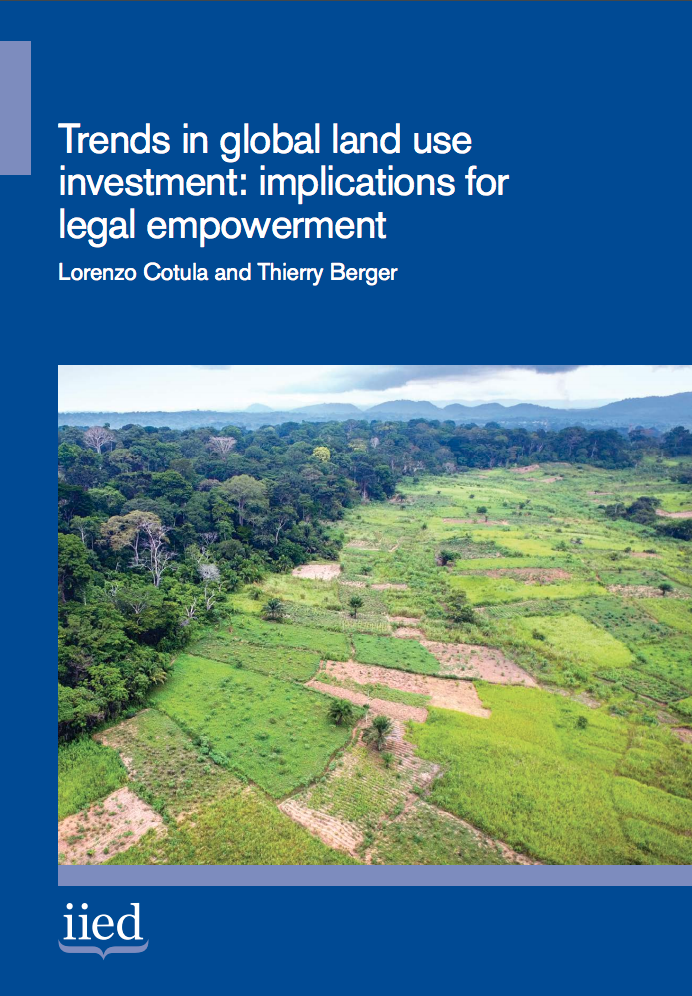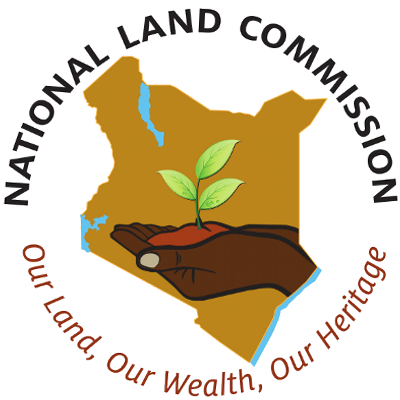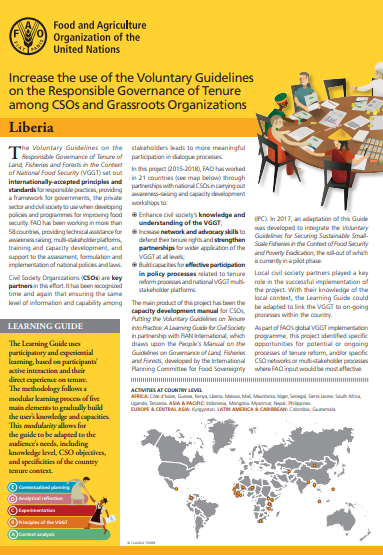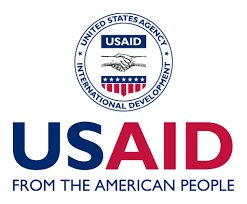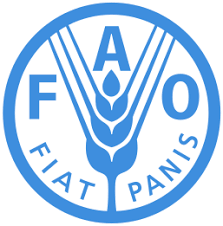Energy crops, the edible oil processing industry and land use paradigms in Romania–An economic analysis
The purpose of this research is to explore the issue of the land used for sunflower and its production as raw material for edible oil processing industry in Romania. The relations between consumption, as main component of demand, and production and import, as sources of supply, on the sunflower oil market are investigated. The case study of the edible oil market is discussed because of the alarming growth in imports after Romania’s accession to the European Union and, furthermore, because of sunflower crop implications on land use in the context of the food vs. fuel competition.


